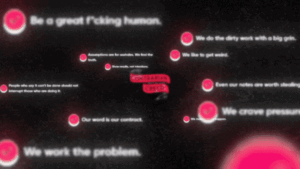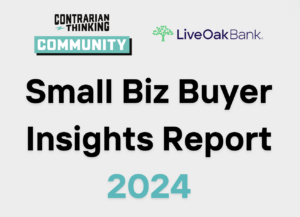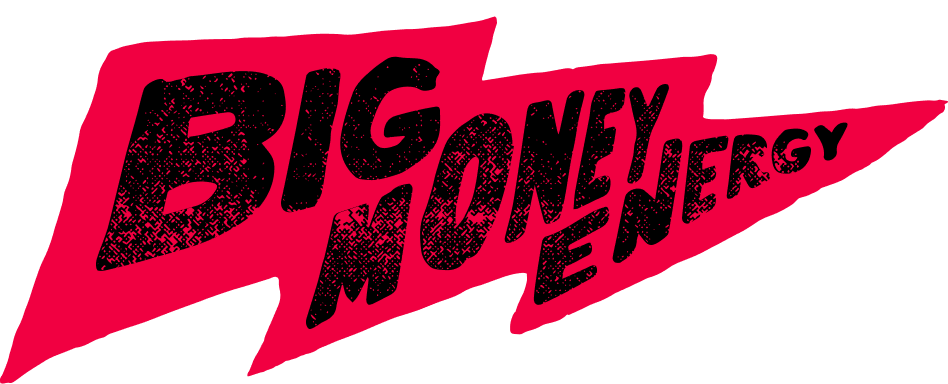Hey Contrarians,
This is one of the most expensive emails you’ll ever read. At least for me.
They say it takes 10k hours to master a skill. They also say time is money. So these days, I’m all about leveraging other people’s 10k.
That’s why I went ahead and paid $120,000 for a biz coach. Yup, $120k. Think that’s crazy? Think they’d better be teaching me how to PRINT money? Wait until you hear what I say next…
I’m going to share the best lessons I’ve learned so far, right here, right now.

Today in 5 minutes or less, you’ll learn:

The best investment (not what you think)
I’ve worked in finance for over 15 years. My biggest takeaway? The best investment isn’t index funds, real estate, or even boring businesses…
It’s you.
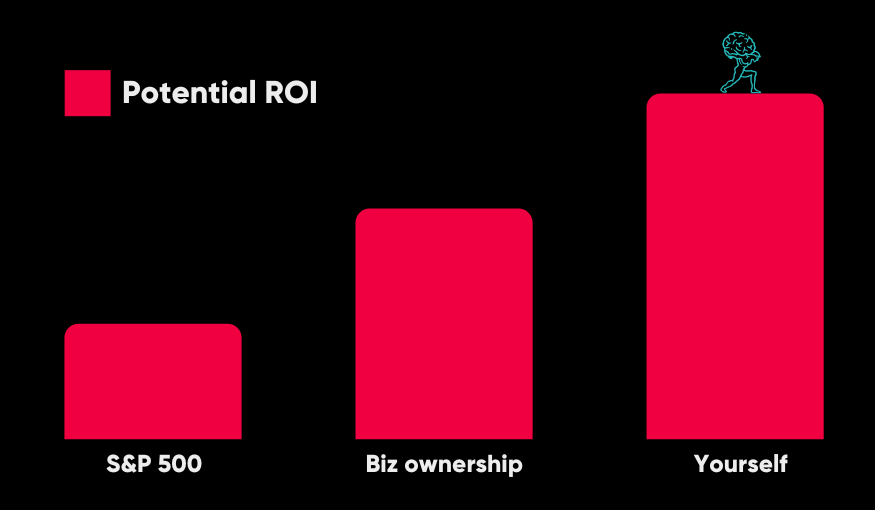
It’s true. You’re worth it. Almost sounds a little touchy-feely, huh?
But seriously, investing in yourself is the biggest favor you can do for your health, career, and finances, and I think there are three ways you can pull this off:
- Invest your time: Learn to respect your time and be intentional about it. Either protect your time and invest it in something, or lose it.
- Invest in knowledge: Learn before you earn. Wanna know how many Americans say they haven’t started a biz simply because they don’t know how? That would be 39% — a number I hope drops as business education becomes more accessible.
- Invest your money: Leverage your $$$ to “steal” someone else’s experience. A biz coach isn’t that different than a fitness coach. They help build you up, drive performance, and hold you accountable.
Which brings us to today’s email… Lessons I’ve learned from a biz coach who’s cost me $120k.

BTW – yes, that is actually me opening up a suitcase with $120k inside. And yes, $120k feels and sounds like a lot more than it looks.

First, meet my biz coach…
Meet Jordan. The dude grew The Motley Fool to hundreds of millions, ran The Hustle, and is now leading another awesome startup called Hampton.

He’s a stud. I hired him to help me work through a few challenges across business and life.
In Jordan’s words, “Because I’ve been an operator my whole life, everything we talk about I’ve done, I’ve experienced, and if I haven’t, I can put myself in those shoes… My incentive is just to be honest with you.”
I thought, wouldn’t it be awesome if I could steal some of his homework for all of you, too? So I got permission. The stars aligned, and now, we’re here…

These 9 lessons cost me $120k
1. Focus will unf*** you
Productivity is more a quality game than a quantity one. Most people replace the important with the urgent, and the 2 are rarely the same. Being productive doesn’t mean sitting with 2 monitors, multitasking on 16 projects, and checking off 65 tasks.
It means completing your most impactful tasks above all others.
I’ve learned from Jordan how the most effective employees are often the ones who can focus on doing one thing really well. It’s why he introduced me to the “One Thing” list…
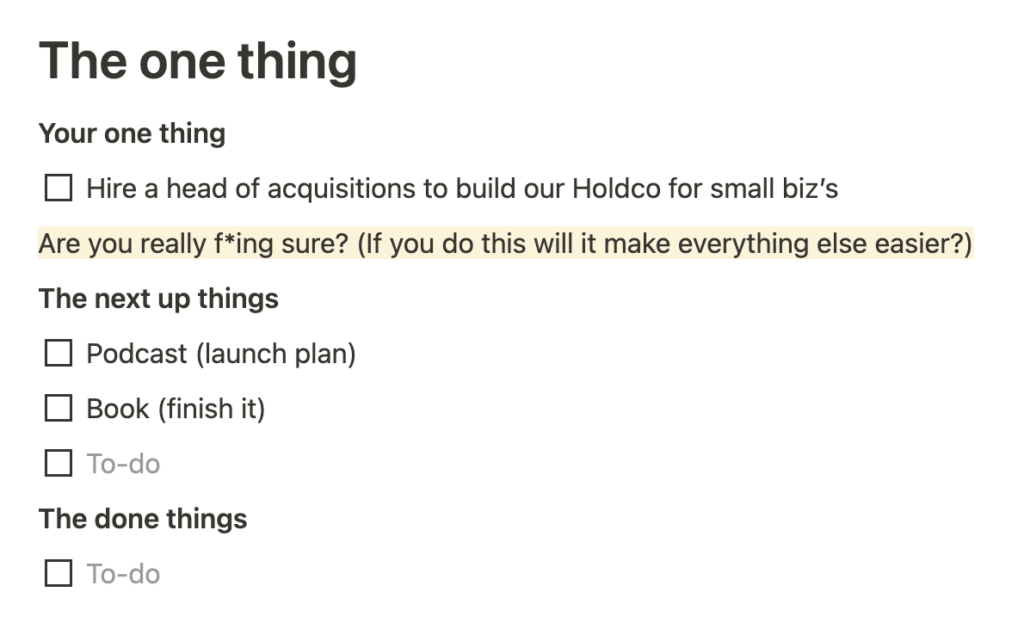
Sure, it’s simple. But that’s why it works. Instead of crossing off 100% of my tasks, I look to focus on the 20% which, when solved, have the potential to make the other 80% easier.
2. Who not how
Many problems can be boiled down to “who” problems.
Whether it’s a hire, coach, or even a friend, “Rather than trying to figure out how to do something,” Jordan says, “you’re better off finding who can help you do it.”
He literally threw the book Who Not How at me to help me dial this in.
3. Niche experts = big returns
In my mind, every business goes through 4 cycles:
- You do everything
- You hire generalists to do many things
- You hire specialists who replace the generalists
- The specialists run everything
I love the people who wear lots of hats. They’re great for the early days of taking a biz from 0 to 1. But when a biz is ready to scale, it’s time to call in special ops.
How’s Jordan fit into all this? The guy’s given me great advice broadly, but also super niche advice on newsletters, growing media teams, and hiring experts as we look to scale.
4. Don’t just set goals, set sacrifices
“Goals are overrated. Instead, you want to say what you’re willing to give up in order to get the things that you want,” Jordan says.
Every goal requires a sacrificial toll. What are you willing to pay? What project are you willing to give up? Outline, underline, and deadline the sacrifices you need to make to reach a goal.
5. The upside/downside matrix
You won’t ever be able to do all the things you want to. So Jordan introduced me to this thing called the upside/downside matrix.
The matrix helps you make business decisions by clearly organizing actions’ upsides and downsides. It also has you write down potential remedies to de-risk and manage them.

The problem here? My notes on that whiteboard look like Egyptian hieroglyphs. So if you wanna see me break down this example live, watch this quick segment here.
6. Keep a “someday maybe” list
I’ll be the first to admit that I struggle with shiny object syndrome. I have a constant slew of ideas I want to tackle but can’t.
Jordan taught me to add these ideas to a “someday maybe” list — a parking lot of ideas where I know I can eventually go and take some for a ride, but in the meantime, it frees up my head to focus on the now.
7. Be happy with the backseat
Here’s the rub: When you try to achieve something big, people are going to copy you. But Jordan taught me this idea of being comfortable in the back seat. They stole your words? Okay. They didn’t give you credit? No big deal.
Let the people who steal your ideas, who take the credit, who push your buttons, drive for a minute. It’s a signal you’re doing something right, and it often helps drive you faster to your destination.
8. Be easy to find, hard to reach
When you realize you don’t have to respond to every bzzz of the phone, that’s when you start to win back your time. The big question is, how do you decide what’s worth responding to and what isn’t?
For me, keeping the main thing the main thing is a question of goals vs. anti-goals:
- My anti-goals are things like: being an employee, or meeting with people who want to “pick my brain…”
- My actual goals are things like: growing my company, doing hot yoga, and helping the few people who are going to actually build something.
If an ask doesn’t hit one of my goals (or especially if hits an anti-goal), it’s a “no.”
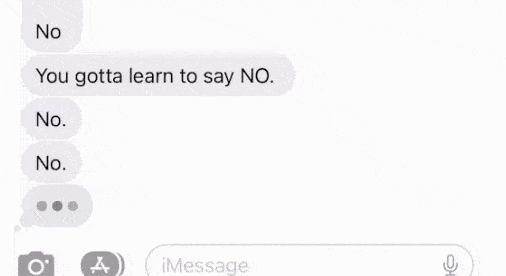
To help drive the point into my soul, my bud Alex Hormozi sometimes texts me that exact message.
The truth is, I’m really grateful for it. Because if you don’t use those 2 letters, other people’s goals become your own. It’s like Steve Jobs said, “Innovation is saying ‘no’ to 1000 things.”
9. Know your employees
Many biz owners think knowing their employees means buying them a crappy birthday cake once a year and calling it a day.
If you want people to work hard for you, you have to care about them. That means knowing what they care about, who’s hoping to start a family, who just had their patio done, or who’s going through a divorce.
Per Jordan, “By doing that, you also get the best out of people. Then, when you’re inevitably going to have to ask a lot of them, they’re happy to do it because you’ve built a really solid foundation.”

Now what?
Obviously, for $120k, Jordan and I have spent hours and hours diving deep into the specifics of all these lessons and others.
You certainly don’t have to pay somebody a G Wagon’s worth of money to consult you, but what I do recommend is this:
Go find your WHO. Because you can either pay to win with your limited hours on Earth (of which you can’t make any more), or you can strategically use somebody else’s.
I like the second option.
– Codie

